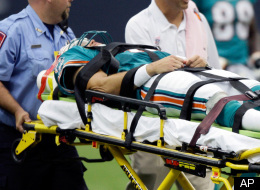 There has been a lot of improvement on my blog as the year went on, especially comparing first semester to second semester. Since January, I have actually made an effort to continue blogging every single week, which is something that I definitely did not do first semester. I have 16 or so posts this semester, which is substantially more than my 10 posts first semester. More times than not the posts have been spaced once a week, which is great because it shows consistency (which was not seen 1st semester). At the end of the year I don't feel the need to cram in an extra half dozen posts in less than a a week (unlike some classmates), which is always a great feeling.
There has been a lot of improvement on my blog as the year went on, especially comparing first semester to second semester. Since January, I have actually made an effort to continue blogging every single week, which is something that I definitely did not do first semester. I have 16 or so posts this semester, which is substantially more than my 10 posts first semester. More times than not the posts have been spaced once a week, which is great because it shows consistency (which was not seen 1st semester). At the end of the year I don't feel the need to cram in an extra half dozen posts in less than a a week (unlike some classmates), which is always a great feeling.Not only have the quantity of my posts increased, I feel that the quality has as well. In an early second semester post (my favorite) titled "NFL Concussions: Something has to be done", you can really see an improvement in the post as a whole. The post is about a very current topic that is being talked about almost daily on ESPN and other news channels. I was interested in the topic, so I decided to blog on it. After reading articles online for about 15 minutes, I found one that I could mention in my post. I was able to mention the article in the post, and also discuss my feelings on it, which I believe add up to a good post.
The NFL Concussions post is a great way to summarize how my second semester blogging went. I really feel that I improved on the quality of posts, as well as the quantity. My growing ability to talk about current topics and "joining in a discussion" is very evident with several of my posts. All in all, I am very happy with how I blogged second semester, and had a fun time the entire year blogging.













